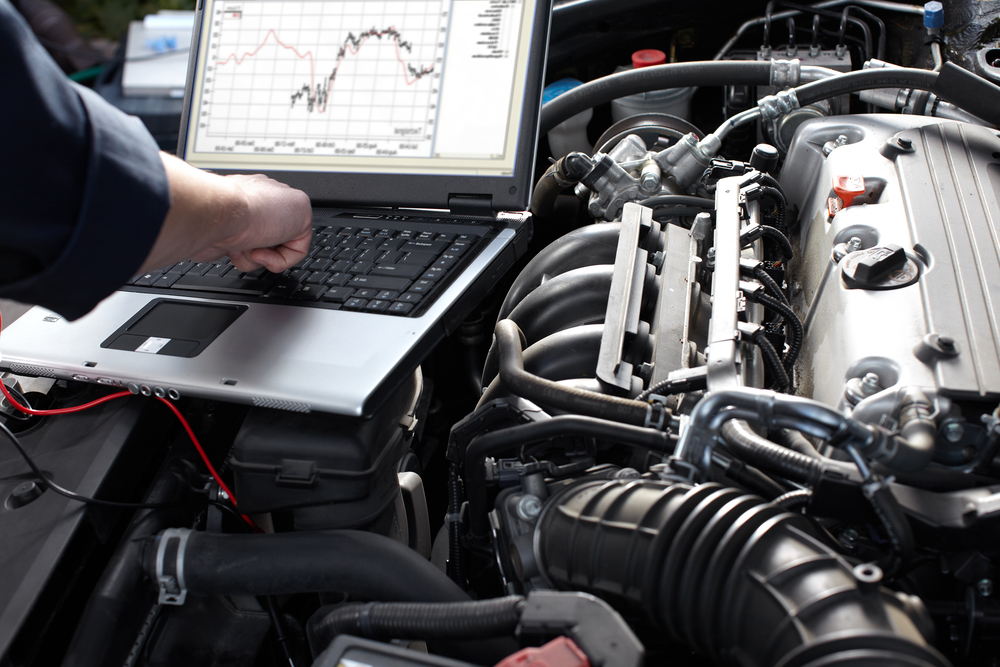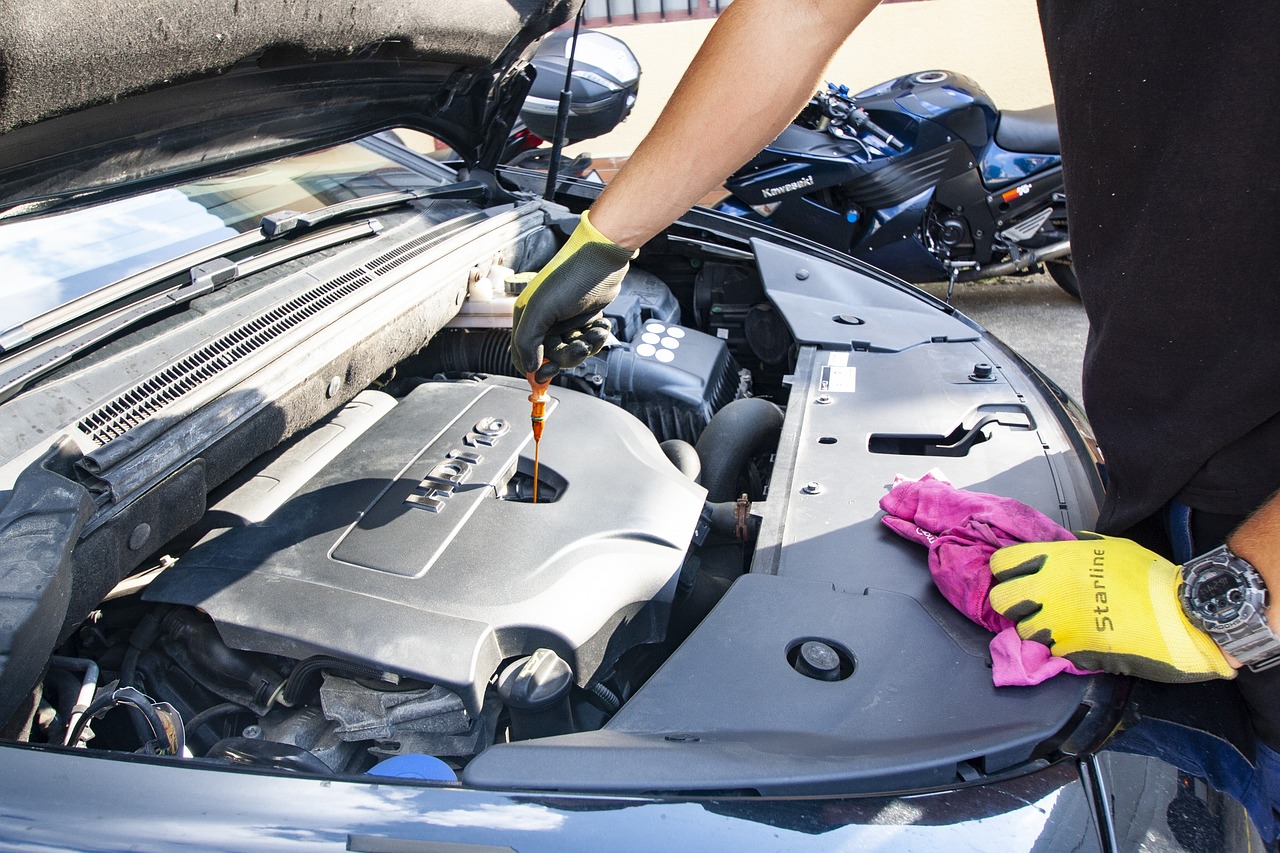It’s no secret that winter can be tough on your vehicle, so it’s important to keep up with maintenance tasks throughout the cold months. One essential task: checking your tire pressure. In colder temperatures, your tires will lose air—with such extreme weather changes in Minnesota, you’ll need to stay on top of checking tire pressure throughout winter.
How to check your tire pressure
You can typically find the recommended tire pressure for your vehicle in the owners’ manual or on a sticker on your door jamb. You’ll need a pressure gauge—pencil style gauges are inexpensive and simple to use. Unscrew the valve cap on your tire, and when you press the head of the gauge onto the valve, the plastic rod will extend. The notches on the side tell you what your tire pressure is.
Make sure you’re checking your tire pressure when the vehicle hasn’t been driven for a few hours. Tires heat up as you drive, so checking them right after can give you an inaccurate reading.
Why low tire pressure shouldn’t be ignored
After checking your tires, if you find you have low tire pressure, you’ll need to inflate them at an air pump. Here’s what happens as a result of driving on underinflated tires:
- Uneven tire wear. When tires have low air, the edges of the tires are hitting the ground and wearing much faster than the center. This results in a reduced lifespan for your tires.
- Increased stopping time. With icy and snowy driving conditions, you need to have a good stopping time. Underinflated tires can increase your braking time and also skid easily in those conditions, which can result in an accident.
- Poor fuel economy. With low tire pressure, your tires are spreading out more on the road, which results in increased friction and resistance. Your engine has to work harder to move the vehicle, so you’re burning more fuel.
- Tire blowouts. Since more of the tire’s surface is touching the road, more rubber is being warmed up, which can cause the tire to overheat. This tends to happen when the tire pressure is severely low, which is why checking the air in your tires once a month is key.
For all your tire needs, the expert technicians at Auto Works are ready to help. Request an appointment through our website or give us a call, and drive safe this winter!



